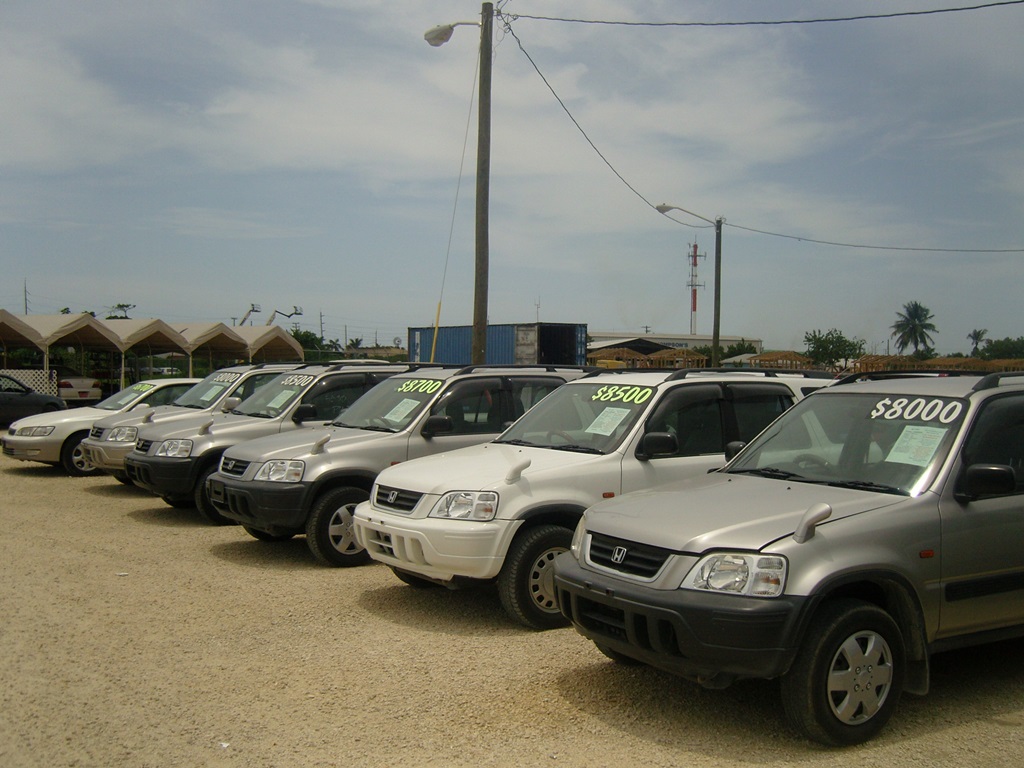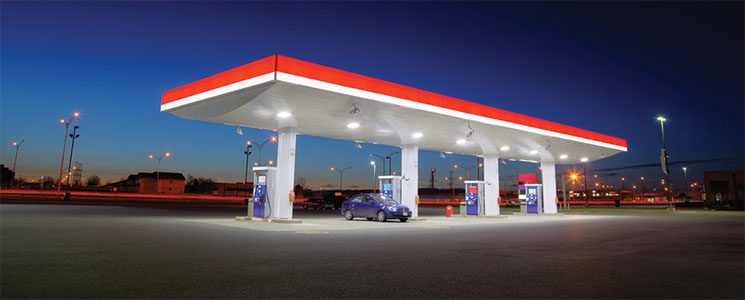Policy
Government Prohibits Importing of Vehicles 10 Years or Older

By Sam Mupedziswa
The Zimbabwean Government has announced new regulations regarding exemptions from the ban on importing motor vehicles older than 10 years.
In March 2024, the government banned the importation of vehicles over 10 years old from the date of manufacture, requiring those bringing them in to cover re-exportation costs.
In July 2024, Statutory Instrument 111 of 2024 allowed inherited cars, vehicles of returning citizens, and diplomats’ cars to be imported even if older than 10 years.
Further amendments have now been introduced through Statutory Instrument 172 of 2024, published in a supplement to the Government Gazette Extraordinary on October 18, 2024.
Statutory Instrument 172 of 2024, on conjunction with SI 54 and SI 111 of 2024, provides an exemption from the prohibition on importing motor vehicles of 10 years and older. This exemption now extends to all immigrants, as defined in the Customs and Excise regulations, from the ban on importing motor vehicles older than 10 years
To qualify for this exemption, individual must meet the necessary Zimbabwe Revenue Authority (ZIMRA) eligibility requirements.
Current Affairs
Male MPs Champion Gender Equality in Parliament

Male MPs in Zimbabwe’s Parliament are leading the charge for gender equality, pushing for a binding rule that would block any bill that fails to meet constitutional gender-equality standards.
The debate on the ZIMSEC Amendment Bill has sparked a passionate plea from MPs like Daniel Molokele Tsiye, who argues that gender balance should be a condition, not just a principle, in every law passed by the National Assembly.
Tsiye, the MP for Hwange Central, emphasised that gender balance is not a favour, but a constitutional requirement that must be met.
“A bill should not pass if it fails the gender-equality test because, as a country, we aim to achieve gender equality,” he said.
His proposal calls for a compulsory 50% women representation clause across all public institutions, citing Sections 17, 56, and 80 of the Constitution.
The proposal also suggests alternating leadership positions in statutory bodies between men and women to reflect the equality guaranteed under the Constitution.
“If the chairperson is a woman, then the vice-chairperson should be a man. If the chairperson is a man, then the vice-chairperson should be a woman,” Tsiye said.
This move aims to address the country’s long-standing struggle with gender parity, where one in three women face gender-based violence and patriarchal norms hinder equal representation.
The calls for change are gaining momentum, with Ruwa MP Thomas Muwodzeri backing Tsiye’s proposal.
Muwodzeri emphasises that women should be prioritised in ZIMSEC board appointments, given their significant role in education and community responsibilities.
“Women should be prioritised… They understand how the education system works,” he said, adding that women’s decision-making power would resolve ZIMSEC’s problems faster.
This unexpected push from male MPs has sparked hope among women’s rights organisations, who have long advocated for constitutional promises to be honoured.
If adopted, this proposal would set a strict 50% gender threshold for all bills, appointments, and statutory bodies, marking a significant turning point in Zimbabwe’s journey towards gender equality.
The move has also sparked interest among international observers, who are watching Zimbabwe’s compliance with global gender-rights conventions.
Policy
Defence Ministry Pushes for ZWL 77.4B Funding

The Portfolio Committee on Defence, Home Affairs, Security Services and War Veterans Affairs has presented its report on the Ministry of Defence, highlighting significant funding gaps that threaten the Ministry’s operational capacity.
Presenting the report in Parliament, Committee representative Honourable Maoneke Exevila revealed that the Ministry of Defence requires a total budget of ZWL 77,431,265,143 to effectively carry out its mandate.
However, the Treasury allocation stands at ZWL 17,530,189,000, representing only 22.64% of the Ministry’s proposed bid.
Hon. Maoneke emphasised that a robust and well-resourced defence force remains the cornerstone of national stability and sovereignty.
“A strong defence force is the foundation of a strong and secure nation, as the military serves as the first line of defence in protecting civilians and preserving our national sovereignty,” He noted.
The Committee expressed concern that the limited funding could affect the Ministry’s ability to maintain operational readiness, modernise military equipment, and provide adequate welfare for service members.
It urged the government to consider progressively increasing defence allocations in future budgets to ensure the armed forces remain capable of responding to emerging security threats.
Despite the fiscal constraints, the Committee commended the Ministry for its unwavering commitment to upholding national security, safeguarding citizens, and maintaining peace and stability across the country.
The report also called for the prioritisation of resource optimisation and strategic partnerships to bridge the funding gap while ensuring that Zimbabwe’s defence forces remain well-prepared to meet both domestic and regional security challenges.
Policy
Zimbabwe Suspends New Urban Fuel Station Licences

The Zimbabwe Energy Regulatory Authority (ZERA) has temporarily suspended the issuing of new licences for fuel stations in urban areas, citing a need to curb the “mushrooming” of retail filling stations across the country.
The regulator is also considering a new by-law that would enforce a minimum distance of 15 kilometres between two retail service stations while also advocating for a shift towards containerised or portable fuel retail stations in urban centres to reduce land use.
This development follows the Harare City Council’s recent admission of chaos and poor coordination in issuing permits for service stations, resulting in three fuel stations within a 50 km radius, with some located just one metre apart.
Speaking during an Environmental Social Governance (ESG) conference held in Harare last Friday, Zimbabwe Energy Regulatory Authority’s technical services director, Engineer Man’arai Ndovorwi, said they are now working on closing all loopholes to curb the mushrooming of service stations.
“The issue of mushrooming of service stations in the CBD or in urban centres is, of course, of concern for us, and I think one of the challenges or loopholes that we had in our legislation was the licensing of these sites after they had obtained commercial rights in terms of development of these properties in urban centres,” he said.
“However, we are currently in talks with the local authorities to ensure that we revise the by-laws so that the actual permitting and licensing of these service stations is done before the development of these service stations, and so that we also amend our regulations to indicate the minimum distances that should be between service stations.”
Eng Ndovorwi also revealed that new licences will only be issued after the current challenges have been addressed.
“We are happy that the Government, through the Minister of Local Government and Public Works, issued a moratorium in terms of development in urban centres, and this is also not only impacting in terms of housing developments, but it’s also involving the development of these commercial entities or commercial sites in terms of development of service stations.
“So that moratorium is also applying to the development of service stations, and so currently we are not licensing any service stations in urban areas, but at least we are also working around the issue to ensure that we have minimum safe distances between these service stations being established.”
In urban areas, Eng Ndovorwi said, they were pushing for the minimum distance between retail fuel stations to curb further mushrooming of such facilities.
“In other jurisdictions, we find that the minimum distance between these service stations should be around 15 kilometres, so that is what we are also anticipating to happen as we develop our communities and move outside the CBDs to actually also do investment in rural communities.”
In the future, Eng Ndovorwi added that traditional fuel stations in urban areas will be phased out.
“So we are now encouraging them to put containerised fuel stations, which are coming at 20 percent of the cost of putting up a service station. So this is actually a way to help issues of mushrooming of service stations in the epicentres.”
A containerised or portable fuel retail station is a complete, self-contained fuel storage and dispensing unit built inside a standard shipping container.
The storage tanks are above ground, and the shipping container provides secondary containment.
They are also called portable fuel stations because the container installation can be transported on a low-bed trailer as and when necessary.
-

 Current Affairs1 week ago
Current Affairs1 week agoOperation restore order
-

 Crime and Courts2 months ago
Crime and Courts2 months agoMasasi High School Abuse Scandal Sparks Public Outcry
-

 Crime and Courts2 months ago
Crime and Courts2 months agoKuwadzana Man Jailed for Reckless Driving and Driving Without a Licence
-

 Current Affairs3 months ago
Current Affairs3 months agoMunhumutapa Day: Zimbabwe’s Newest Public Holiday Set for Annual Observance
-

 Current Affairs4 months ago
Current Affairs4 months agoBreaking: ZIMSEC June 2025 Exam Results Now Available Online
-

 Current Affairs1 month ago
Current Affairs1 month agoBREAKING NEWS: ZANU PF Director General Ezekiel Zabanyana Fired
-

 Current Affairs3 months ago
Current Affairs3 months agoGovernment Bans Tinted Car Windows in Nationwide Crime Crackdown
-

 Current Affairs2 months ago
Current Affairs2 months agoExposed: Harare GynecologistChirume Accused of Negligence, Extortion, and Abuse



